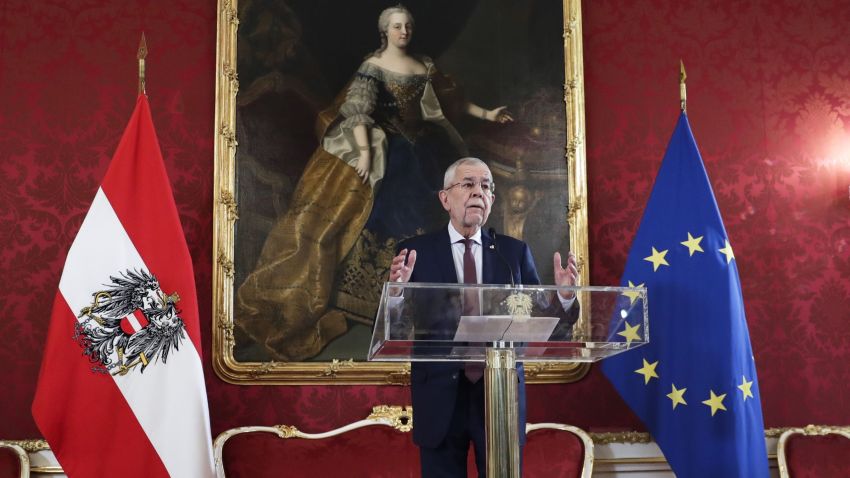VIENNA, Austria—On Oct. 9, Austrian President Alexander Van der Bellen will run for a second term in the country’s presidential election. Since taking office in 2017, he has had to lead the country through back-to-back crises, including not only the coronavirus pandemic and the ensuing backlash against pandemic-related restrictions, but also the so-called Ibiza affair, a corruption scandal in 2019 that brought down the last Austrian governing coalition. Scandal and tumult are now roiling other parts of the national government, and yet Austrian voters seem inclined to reelect the 78-year-old politician.
That sets this particular Austrian campaign apart from other recent Austrian votes, and from high-profile elections around the world this year that have proven to be increasingly divisive and nail-biting affairs—such as in France, where in April, French President Emmanuel Macron beat far-right leader Marine le Pen by a shrinking margin, or in Brazil, where a hotly contested election between right-wing President Jair Bolsonaro and leftist former President Luiz Inacio Lula da Silva is on the horizon. So how has Van der Bellen managed to secure such strong support through such polarizing times?
According to Peter Hajek, head of the Vienna-based polling firm Public Opinion Strategies, the president’s popularity in the polls can be explained by the fact that people naturally tend toward what they know in times of crisis.

